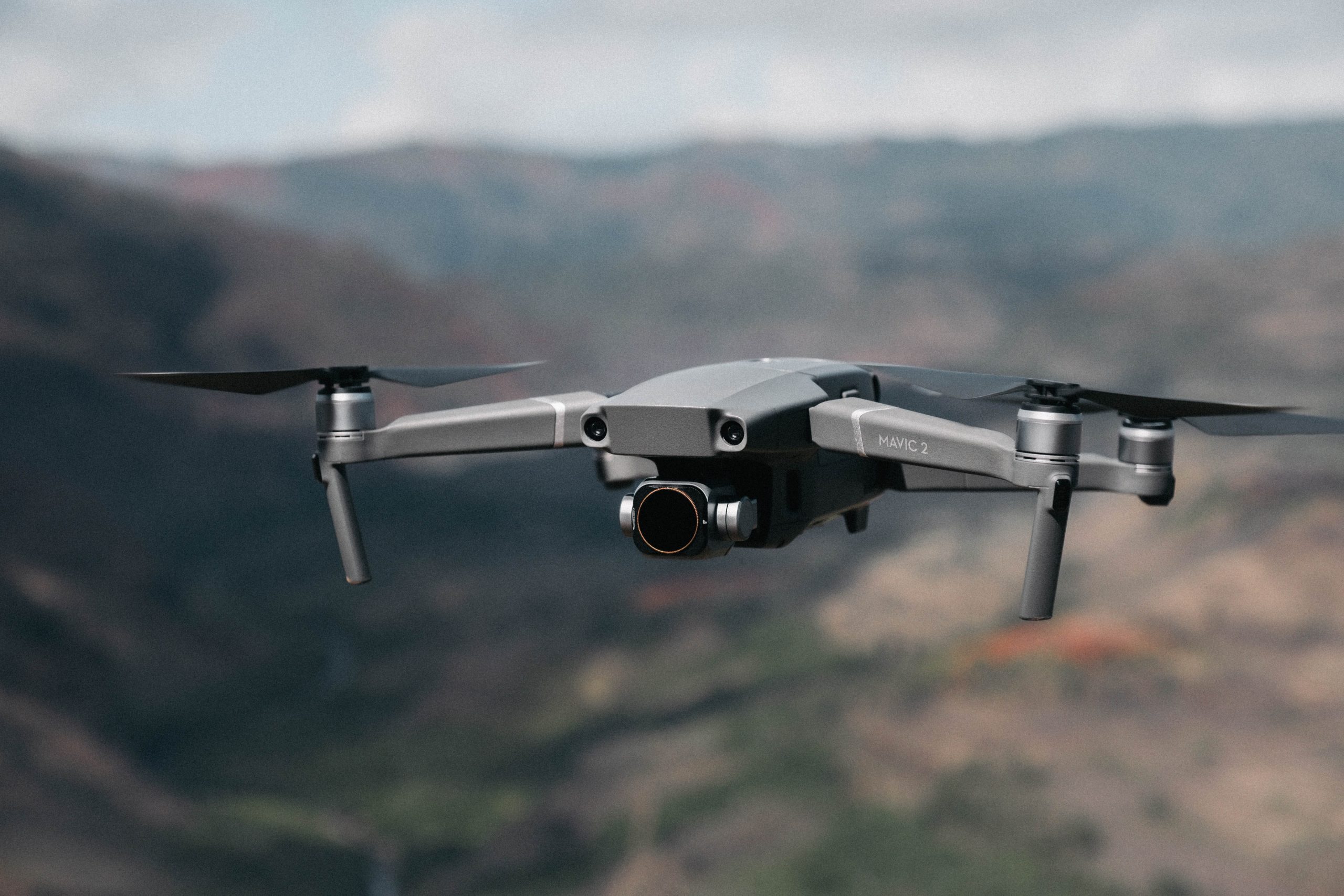Technology and National Security
Liran Antebi
Technology and National Security
Liran Antebi
At the start of 2021, it is already clear that technology wields major influence in the international arena, particularly in the fight against the COVID-19 pandemic. Technology is a central axis in research on the pandemic and in attempts to develop vaccines and medicines; it has enhanced the ability to continue to provide various civil services and enabled workplace activity despite social distancing. In the past year, many of these functions proved to be related to national security, due to their impact on the functional continuity of states.
Alongside focus on the pandemic, there has been an increase in the artificial intelligence arms race, initial use of the 5th generation of cellular networks (5G), and attempts to influence large populations through fake news or the depiction of an alternative reality. The creation and distribution of these substitute narratives rely in part on artificial intelligence applications and on the social networks. Inter alia, these applications threaten the integrity of democratic election processes, and defense organizations in Israel and around the world seek to rebuff their negative influence.
In 2021 the investment in civilian and military artificial intelligence will likely expand. Meanwhile, there will be increased demands for the development and use of autonomous systems and applications, for example, in workplaces and transportation, which have enormous economic potential. These realms join the military arena, where the emphasis is on autonomous weapon systems and intelligence systems. At the same time, it is expected that there will be increased demands from governments, companies, and citizens to set moral standards in artificial intelligence applications, and hi-tech companies will likely seek to impose boundaries on governments that make use of apps such as face recognition.

Ongoing social distancing due to COVID-19 constraints will increase the demand for additional technologies for remote services and work, as well as for cloud services and defense against cyberattacks. 5G networks will continue to be installed and become the new standard, as they will enable a variety of new services. However, the dominance of Chinese companies in this field will increase Beijing’s control of information in many countries. The competition between the superpowers in the field of artificial intelligence and quantum computing, especially between China and the United States, will intensify and influence their allies.
Given the heated competition in the international arena, Israeli superiority in artificial intelligence technologies could continue to erode (alongside the erosion of its predominance in other fields, including UAV export). Therefore, the State of Israel must work to strengthen its capabilities and its standing in this realm, in part through a focused policy of reinforcing this field and allocating resources accordingly. Along with cooperation in technological fields with democratic countries, first and foremost the United States, the normalization agreements signed between Israel and Gulf states, for example, constitute an opportunity for Israel to export technologies and create new partnerships that will mitigate the erosion and perhaps even strengthen its standing in the technology realm.


